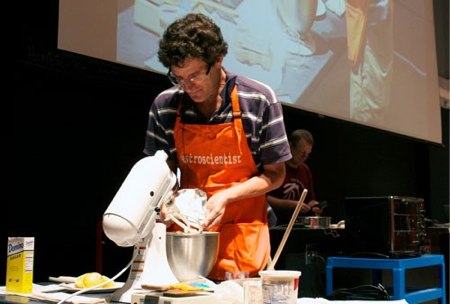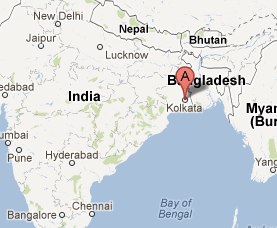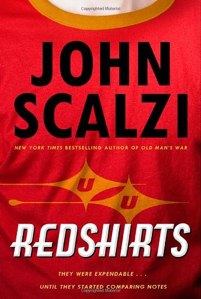Poul-Henning Kamp argues, in A Generation Lost In The Bazaar, that the open-source bazaar of Unix has become an insupportable mess.
Today's Unix/Posix-like operating systems, even including IBM's z/OS mainframe version, as seen with 1980 eyes are identical; yet the 31,085 lines of configure for libtool still check ifand exist, even though the Unixen which lacked them had neither sufficient memory to execute libtool nor disks big enough for its 16-MB source code.*
Most comment threads are awful, and there’s plenty of trash in this article’s long comment thread. But there are also fine McLuhan moments, including sudden appearances from Eric Raymond (author of The Cathedral and The Bazaar) and David MacKenzie, author of the autoconf program that Kamp ridicules.
As the creator of Autoconf, I'd like to apologize to everyone for using m4. I chose it to minimize dependencies, as it was on every Unix-like system already. Many of us were on 28kbps dialup and people would complain about the time needed to download a big package like Perl. Then I hit so many Unix m4 limitations and bugs that I ended up requiring the GNU version anyway. I probably should have started over at that point with another approach. It's true that I did most of that work before I'd earned my CS degree, but no one more experienced deigned to tackle the practical problems I needed to solve, so I had to. (Larry Wall had half-tackled them.)
One thing that Kamp misses, surprisingly, is the tremendous change in our sense of craftsmanship and style. I know that my handwriting has changed a ton in the last decade. Hasn’t everybody’s?
- Removed two superfluous commas from the original. A charitable person might send a copy of Fowler to the ACM.




